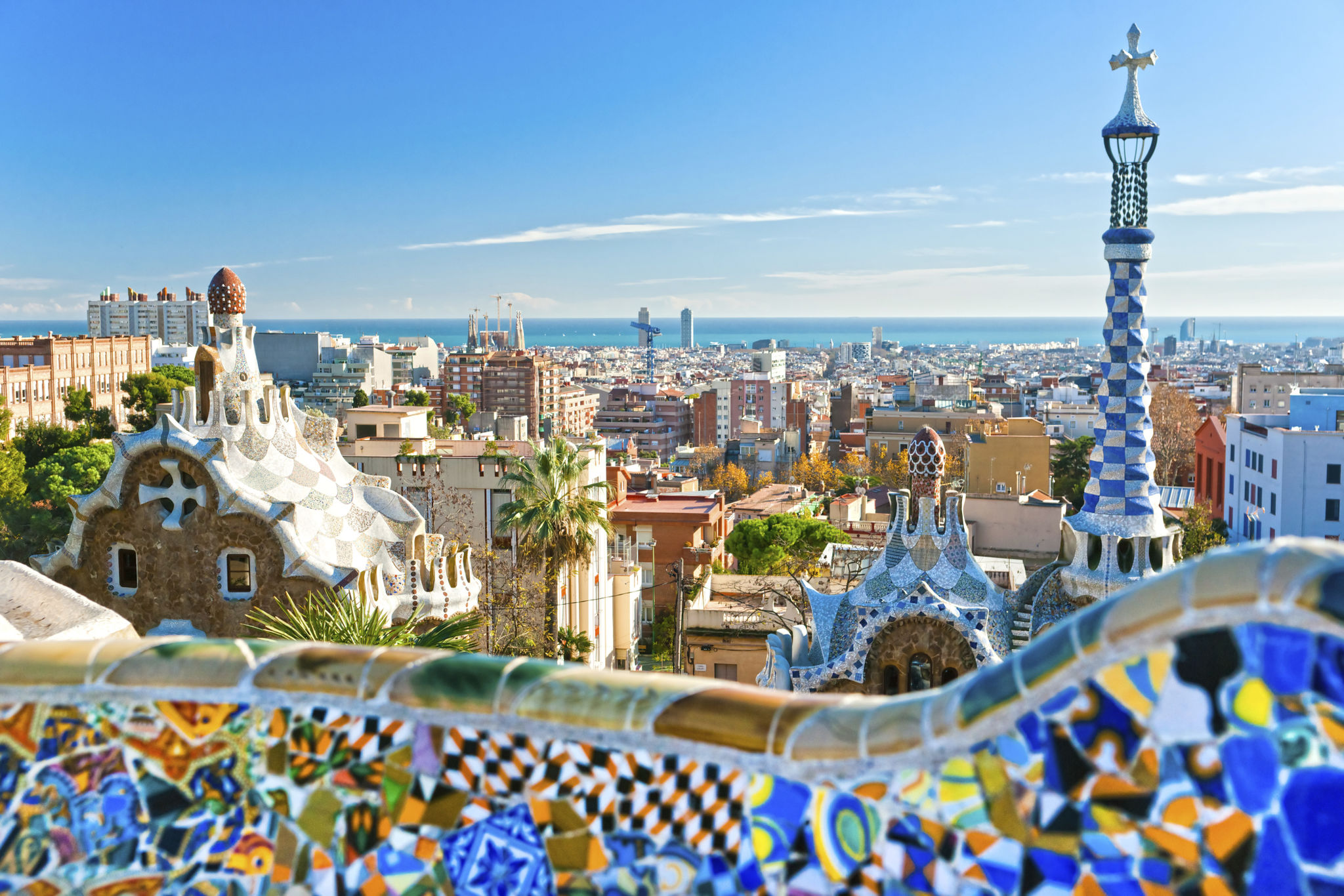Navigating Spanish Bureaucracy: Insider Tips for New Residents
Understanding the Basics
Moving to Spain is an exciting adventure, but it often involves navigating a complex bureaucratic system. Understanding the basics of Spanish bureaucracy can help you settle in more smoothly. From obtaining a NIE (Número de Identificación de Extranjero) to opening a bank account, the initial steps require patience and preparation.

The NIE is crucial for any legal processes in Spain, such as buying property, working, or opening a bank account. It's advisable to apply for your NIE as soon as possible, either through the Spanish consulate in your home country or upon arrival in Spain. Remember, this process can take several weeks, so plan accordingly.
Registering with Local Authorities
Once you have your NIE, the next step is to register at your local town hall, a process known as "empadronamiento." This registration is essential as it proves your residence and is often required for other administrative tasks. Many town halls offer online appointments, making the process more convenient.
Ensure you have all necessary documents ready, including proof of address, passport, and your NIE. Being prepared can save you multiple trips and reduce waiting times significantly.

Dealing with Healthcare
Spain has a robust public healthcare system, and as a resident, you are entitled to access it. Registering for healthcare requires both your NIE and empadronamiento certificate. Once registered, you'll receive a health card that allows you to use medical services across the country.
If you're coming from another EU country, the EHIC card might cover you temporarily while you set up your residency. However, for long-term residents, enrolling in the Spanish healthcare system is recommended for full coverage.
Opening a Bank Account
Having a Spanish bank account is essential for managing everyday expenses and is often required for setting up utilities. Most banks will require your NIE, passport, and proof of address. Some banks offer special accounts for non-residents, which can be useful if you're still transitioning into full residency.

It's wise to research different banks and their services before choosing one that suits your needs. Many banks now offer online banking in English, making it easier for new residents to manage their finances.
Tackling Transportation and Utilities
Once you've settled the initial paperwork, setting up utilities and understanding transportation options are next on the list. For utilities, you'll need your bank details, NIE, and proof of address. Most utility companies offer online services to simplify the process.
Public transportation in Spain is generally efficient and affordable, especially in larger cities. Familiarize yourself with local options such as buses, metro systems, and trains. Investing in a transport card can save you money over time.

Final Tips for Success
Patience is key when dealing with Spanish bureaucracy. The processes can be slow, but they are generally straightforward if you have all the necessary documentation. It's also helpful to learn some basic Spanish phrases to communicate effectively during these processes.
Engage with local expat communities for support and advice. They can offer invaluable insights and assistance based on their own experiences navigating Spanish bureaucracy. With the right preparation and attitude, settling into your new life in Spain can be a rewarding experience.